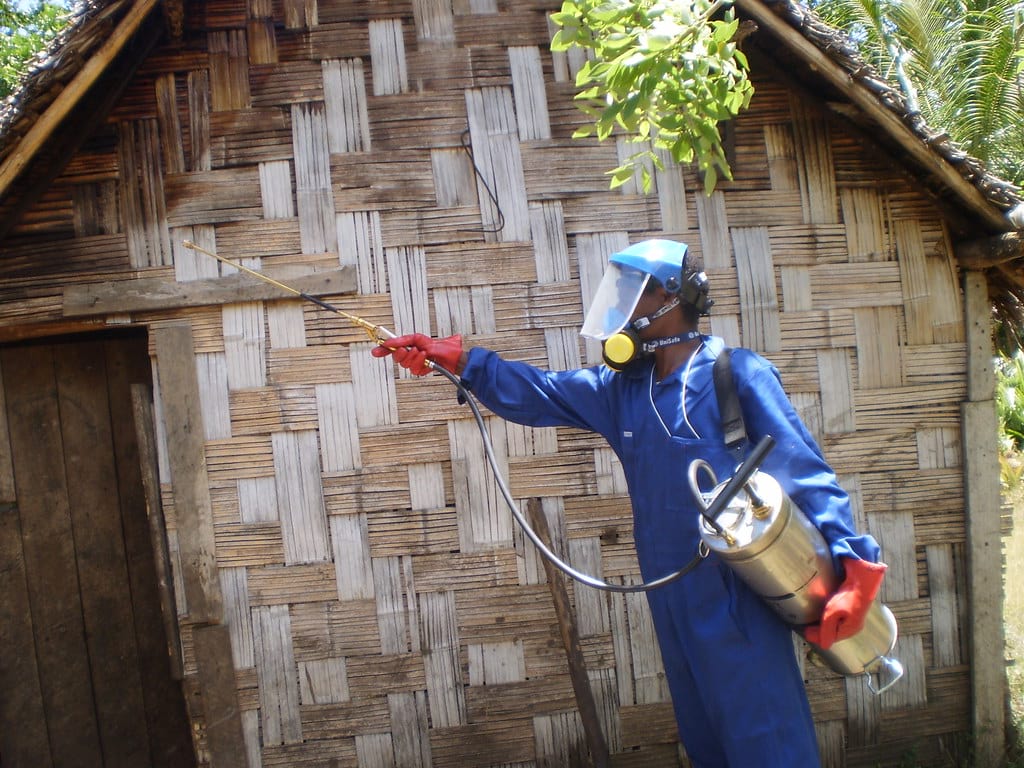
Two decades ago, African leaders signed the landmark Abuja Declaration pledging to reduce malaria deaths on the continent by 50 percent over ten years marked by 2010. Robust political commitment, together with innovations in new tools and a steep increase in funding, catalyzed an unprecedented period of success in global malaria control. According to the World Health Organisation (WHO), 1.5 billion malaria cases and 7.6 million deaths have been averted since 2000 worldwide.
According to WHO World Malaria report 2020, global malaria mortality fell by 60 percent over the period 2000 to 2019. The African region achieved impressive reductions in its annual malaria death toll from 680,000 in 2000 to 384,000 in 2019.
This is a huge success resulting from concerted efforts by Governments, partners and multilateral institutions such as the Global Fund partnership, which provides 56 percent of all international financing for malaria, and has invested more than US$ 13.5 billion in malaria control programs since the year 2002.

Zimbabwe has experienced a whopping 79% percent reduction in malaria cases between 2004 and 2020. And the country’s declared goal of cutting cases down to zero by 2020 in approximately one-third of the territory of Zimbabwe, is reached. Twenty of Zimbabwe’s sixty-three districts are in elimination phase, with incidence of less than 5 per 1,000, and less than 1 per 1,000 in the Beitbridge district.
Zimbabwe’s Vice President and Minister of Health and Child Care, Constantino Chiwenga said in a statement that it is everyone’s responsibility to stop the spread of malaria and avoid deaths.
“As the Vice President and Minister of Health and Child Care, I recommend the use of appropriate malaria interventions — sleeping under the net, allowing houses to be sprayed and going for testing and treatment of malaria within 24 hours of symptoms. Zero malaria starts with me,” he said.

Zimbabwe aims for zero
According to SADC the Zimbabwe National Malaria Strategic Plan (NMSP) 2016-2020 contributed significantly to the decline in malaria cases in the Southern African country. Interventions to combat malaria included indoor residual spraying and insecticide treated nets, improved diagnosis and treatment of malaria as well as improved detection and timely control of malaria epidemics.
Zimbabwe’s community health workers (based in villages) are also playing a pivotal role in cutting malaria cases and implementing integrated community case management from the grass-roots level, allowing early access to testing and treatment of the diseases.
And a lot more is being done. Warp has previously reported on the computer science student, Bongani Jubani, who has developed an application or software to help in the automation of malaria diagnosis process.
Other organizations that have contributed significantly in combating malaria include Unicef, church organizations and non-governmental organizations.
Africa targets to completely eradicate malaria by 2030.
🗳 Since democracy is crucial in a fact-based optimistic world… we remind our readers of the democratic status of the countries we write about:
Zimbabwe has a Global Freedom Score of 29 and has the status Partly Free.





